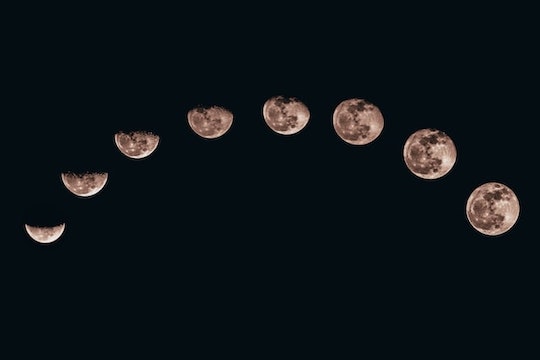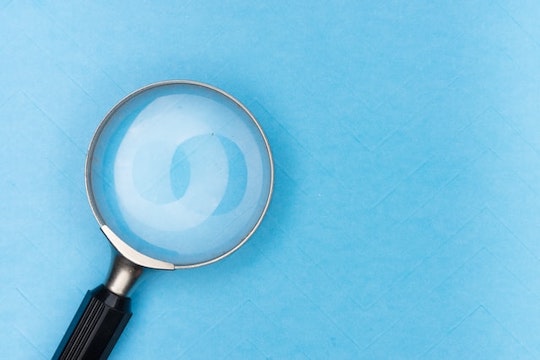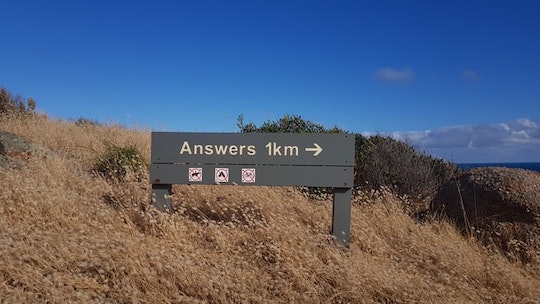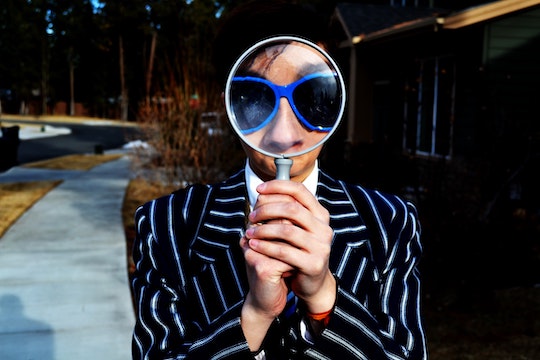See the humanity in others. We are all wrestling with our own stuff that is making life messy and difficult.
—Calm App Reflection
To a certain degree we are all narcissists. We can’t help but look through the lenses of our own trials and challenges each day. Doing this can often create a separation between ourselves and others in our communities. We can come to think that the burdens we carry are somehow unique to us and are of far greater magnitude.
I recently watched the National Geographic series 9/11 One Day in America. and got a big wake up call at how our troubles pale in comparison. I’ve also realized in the past few years since Covid the wrestling done by most people is far more than I ever imagined.
EXERCISE:
To what degree do you take the time to fully embrace the humanity in others? Take a few extra moments today to be interested rather than interesting and see what you discover.










